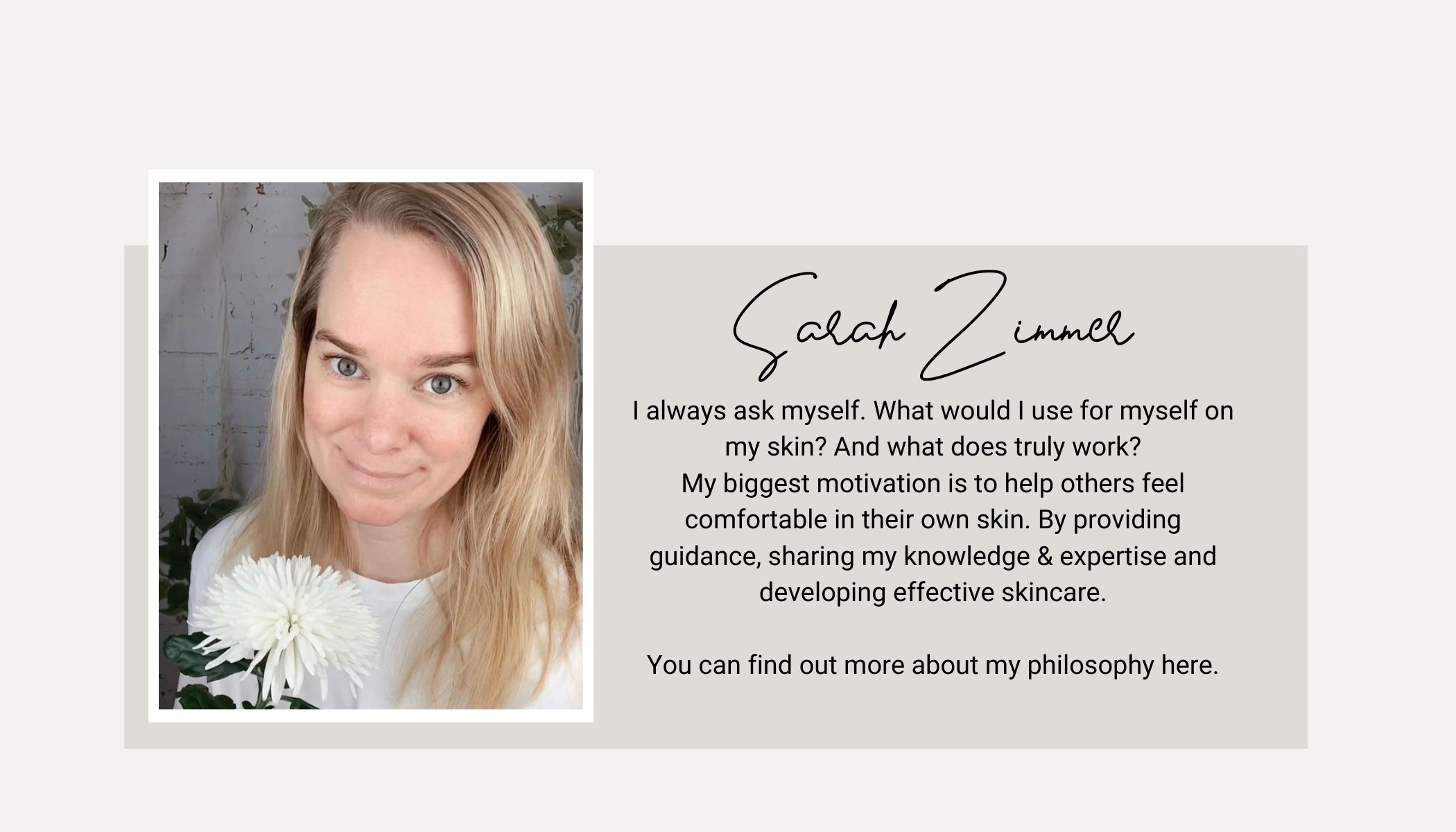Master Skincare Layering with NAYA for Radiant Skin
Is Less truly more?
Cosmetics and toiletries offer the promise of magical transformation. They promise to refine and clarify skin, to give us products to deal with any skin condition to iron out any imperfection and be part of the Hollywood tribe, the celebrities or all those beautiful women on the magazines. All humans have ‘hope’ and we want to believe that these promises that are made are true. We so much want to believe it that we are not concerned with what is actually in the bottle and only concerned with what the promise is on the bottle. The truth is that most conventional beauty products contain exactly the same ingredients – moisturising agents, detergents, oils, waxes, silicones, emulsifiers, preservatives, colours and perfumes.
We pay such high prices for the high-street brands and global products to promote their promises and continue to believe in their promises, so much that we don’t ask what is in the bottle. And you would think these ingredients would have been proven both safe and effective. Unfortunately, this is not necessarily the case – beyond proving that products do not produce immediate allergic reactions, cosmetic companies are not required to provide evidence that the products manufactured and sold over millions, are safe to use over the longer term; and as for effectiveness, almost any claim goes.
The truth is, if you regularly, use conventional products, then you are exposing yourself to a staggering range of harmful industrial chemicals.
Have you ever asked yourself how many products you are using on a daily basis? Let’s go through it:
“Have you ever asked yourself how many products you are using on a daily basis?”
Morning: If you take a shower, you use a hair shampoo, conditioner, body shampoo. Then your facial regime includes facial cleanser, toner and lotion. Then you might put on some body lotion. You also apply tinted facial lotion or make-up, rouge, lip gloss, mascara. During the day, you might use several times soap to wash your hands, sanitiser and hand-lotion.
Evening: when you come back in the evening, you might go to the gym, and take a shower incl body shampoo, body lotion and do your facial regime incl make up remove, facial cleanser, toner and a facial oil.
How many products do you think you use?
Look at a label on a typical shampoo bottle – you may see as many as 20 ingredients, many of which have been synthesized in the lab. To the average person – that included me at the beginning – the list is an alphabetic soup that most of us switch off. We open the beautiful package, open the bottle, cross our fingers, think of the money we spent on the product and pray that the companies have our beauty and welfare at heart.
Lab tests have shown many ingredients to be harmful and capable of producing not only short-term health issues, such as contact allergies, but also more serious long-term health problems such as cancer, birth defects and central nervous system damage. Some of the chemicals found in modern beauty products are also considered hazardous waste by many governments.
It also ignores that individual chemicals can combine in the bottle to produce unexpected toxins – that manufacturers don’t always test for.
Your skin cannot protect you from these chemicals. Most can easily penetrate the protective barrier of the skin and build up in your body. Is any promised transformation really worth this risk?
What might be the alternative or a better way?
If more of us refuse to buy toxic products and transform your beauty regime, manufacturers will quickly get the message that using industrial chemicals in beauty products is not acceptable.
1 Simplify Your Routine
Use fewer products daily and be choosy about what you use. Big a cleansing lotion, toner and lotion.
2 Choose Certified Organic Cosmetics
These help you to avoid the worst cosmetic offenders which are simply not allowed under organic rules. But watch out for the organic ‘pretenders’ – those products that have a small percentage of organic ingredients in an otherwise toxic mix of synthetic chemicals. Only a product carrying a certified organic stamp is guaranteed to be free of these.
3 Try Natural Fragrances
Look for products that are fragranced with essential oils rather than those that use generic ‘perfume’ which is usually synthetic.
4 Make Your Own
A satisfying and creative pastime, making your own products may also be good for your health. Not only can you tailor the ingredients to your personal needs but you can also be absolutely sure of what goes into them.











Leave a comment